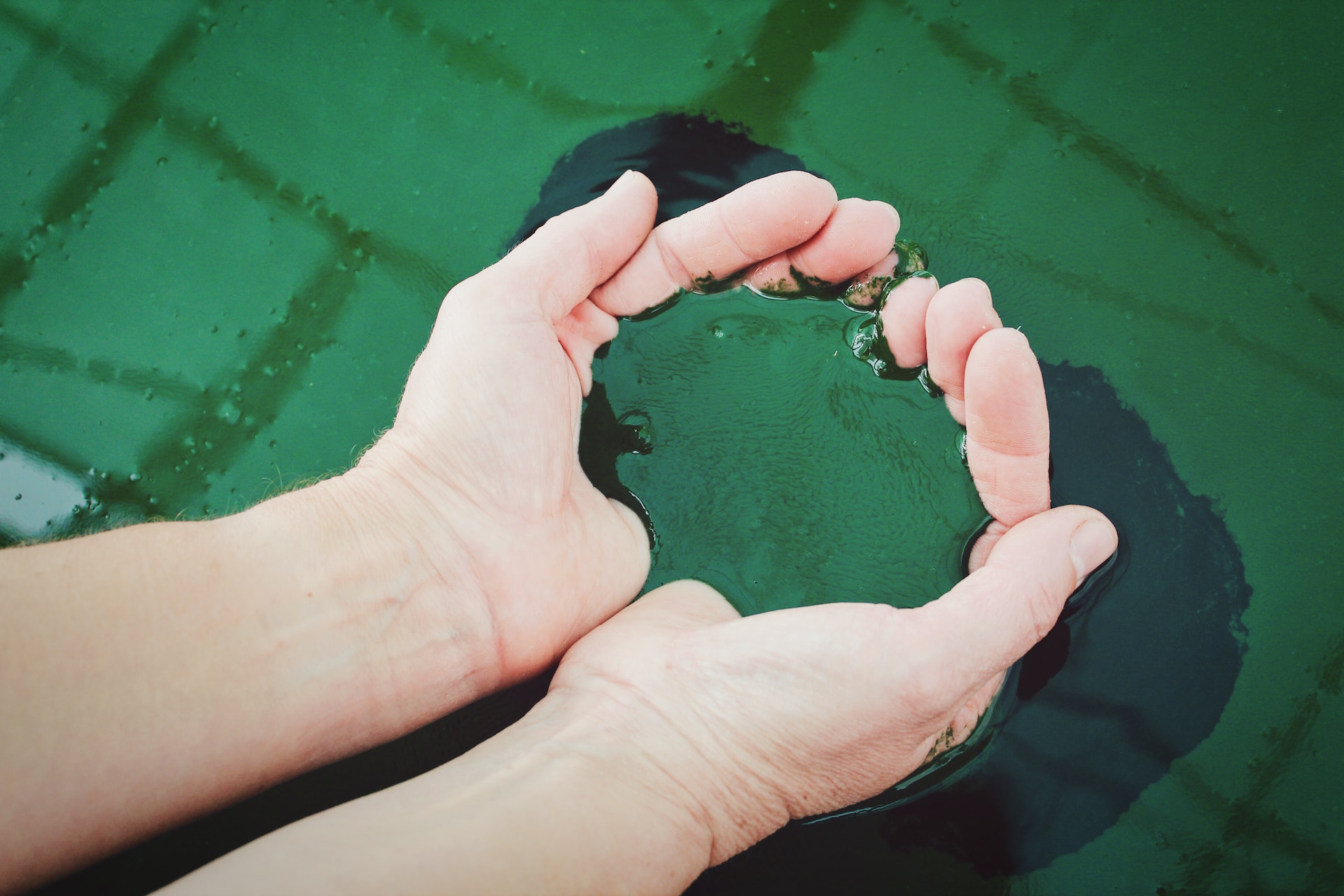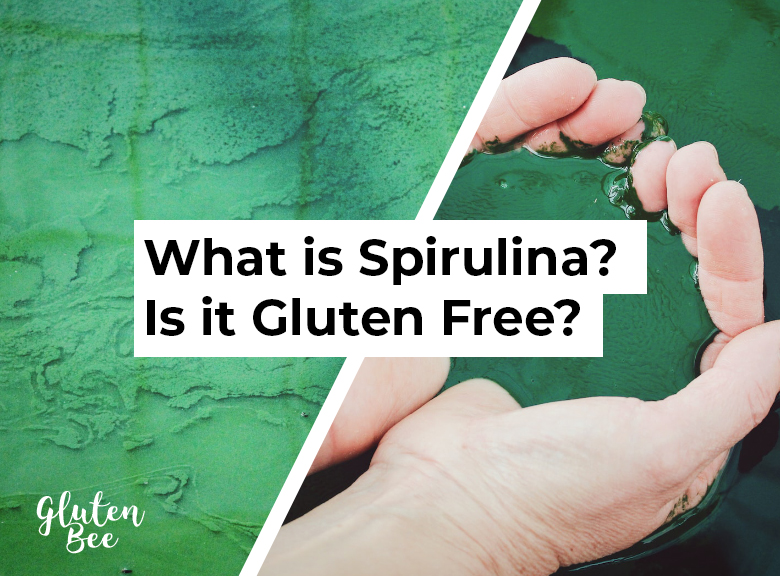Since I’ve had my gluten intolerance for several years now, I have gotten VERY used to reading labels and discovering new ingredients I’ve never even heard about before. As a part of our research, we’ve covered a few of these ingredients in the past before:
These are a few food additives and ingredients we’ve come across in baked goods, drinks, cocktails, and processed foods. There are thousands more out there. In this post, we’re taking a look at a new one I discovered recently, spirulina.
When eating some snacks from Trader Joe’s, I came across this ingredient.
What is Spirulina?
Spirulina is a type of blue-green algae (cyanobacteria) that is often considered a superfood due to its dense nutrient content and potential health benefits. It has been consumed by various cultures for centuries and is available in both natural and supplement forms.
The algae is very high in protein. In fact, Spirulina is composed of about 60-70% protein, which makes it a popular choice among vegetarians and vegans looking for plant-based protein sources.
Key Characteristics and Health Benefits of Spirulina
- Nutrient-Rich – Spirulina is a concentrated source of various nutrients, including protein, vitamins (such as B vitamins), minerals (iron, manganese, and magnesium), and essential fatty acids.
- High in Protein – Almost 2/3rds comprised of protein.
- Contains Antioxidants and Vitamins/Minerals – It contains antioxidants like phycocyanin and beta-carotene, which can help combat oxidative stress and reduce inflammation in the body. Contains vitamins such as vitamin B12, iron, and calcium, which are especially important for individuals with restricted diets.
- Helps with Detoxification – Some proponents suggest that spirulina can aid in detoxifying the body by promoting the elimination of toxins.
- Provides an Energy Boost – Spirulina’s high protein content and potential ability to reduce appetite may contribute to weight management efforts.
- Can Aid in Weight Loss/Weight Management – Due to its nutrient content, some people report increased energy levels after consuming spirulina.
Spirulina can be consumed in various forms, such as powder, tablets, capsules, and even as an ingredient in certain food products. It’s important to note that while spirulina can be a valuable addition to a balanced diet, it should not be relied upon as a sole source of nutrition. As with any dietary supplement, it’s recommended to consult with a healthcare professional before adding spirulina to your diet, especially if you have any pre-existing health conditions or are taking medications.

Is Spirulina Gluten Free?
Yes, spirulina can safely be considered gluten-free. Gluten is a protein found in wheat, barley, and rye, and spirulina is an algae that does not naturally contain gluten. Therefore, it is often considered safe for those who need to avoid gluten due to celiac disease, gluten sensitivity, or other dietary reasons. It’s also very unlikely for this to come into contact with wheat/gluten, unless it’s an ingredient in a larger product that may contain these allergens.
If you have a severe gluten sensitivity or celiac disease, it’s a good practice to look for spirulina products that are labeled as “gluten-free” to minimize any potential risks of cross-contamination.
When purchasing spirulina supplements or products, it’s a good idea to check the label or contact the manufacturer to ensure that the product is certified gluten-free or produced in a gluten-free facility, especially if strict gluten avoidance is necessary for your health.






